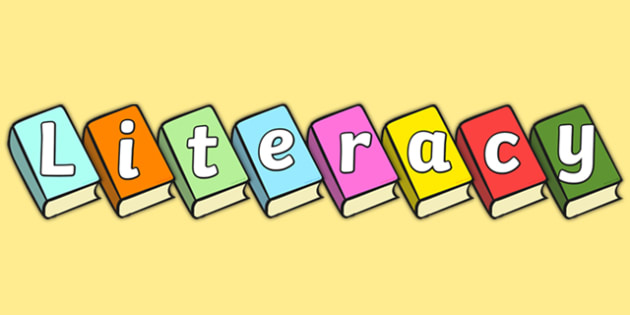
Literacy is a fundamental pillar of education and human development that empowers individuals, transforms societies, and drives progress. It goes beyond the ability to read and write; it encompasses the capacity to comprehend, communicate, and critically analyze information. In this article, we explore the significance of literacy, its impact on personal growth and societal advancement, and the ongoing efforts to promote it globally.
Defining Literacy
Literacy is often defined as the ability to read, write, and understand information. However, it is essential to recognize that literacy is not a one-size-fits-all concept. It exists on a continuum, ranging from basic reading and writing skills to advanced literacy that includes critical thinking, digital literacy, and information literacy. The journey to literacy is lifelong, and it evolves with the changing demands of the modern world.
The Power of Literacy
- Personal Empowerment: Literacy empowers individuals to access knowledge, express themselves, and participate fully in society. It enables them to make informed decisions about their health, finances, and civic responsibilities.
- Economic Development: Literacy is closely linked to economic prosperity. It enhances employability, job opportunities, and income potential. A literate workforce is crucial for innovation and economic growth.
- Social Inclusion: Literacy plays a vital role in fostering social inclusion. It reduces inequalities by providing marginalized groups with the tools they need to advocate for their rights and access essential services.
- Health and Well-Being: Literacy is a key factor in promoting health literacy. People with strong literacy skills are better equipped to understand healthcare information, make healthy choices, and manage their well-being.
- Global Citizenship: In an interconnected world, literacy is essential for global citizenship. It enables individuals to engage with diverse cultures, understand complex global issues, and contribute to positive change.
Challenges in Achieving Universal Literacy
Despite its numerous benefits, achieving universal literacy remains a challenge in many parts of the world. Several factors contribute to this challenge:
- Access to Education: Inadequate access to quality education, especially in marginalized communities and conflict-affected regions, hinders literacy development.
- Linguistic Diversity: The existence of numerous languages and dialects poses a challenge to literacy efforts, as resources must be available in learners’ native languages.
- Gender Disparities: Gender inequality in education continues to be a barrier to literacy, with girls and women facing more significant challenges in many regions.
- Digital Divide: In the digital age, digital literacy is becoming increasingly important. The digital divide, or the gap in access to technology and the internet, exacerbates existing literacy disparities.
Global Efforts to Promote Literacy
International organizations, governments, and NGOs are actively working to promote literacy worldwide. These efforts include:
- Education for All: The United Nations’ Sustainable Development Goal 4 emphasizes inclusive and equitable quality education and lifelong learning opportunities for all.
- Literacy Programs: Many countries have implemented literacy programs targeting adults and youth who lack basic literacy skills.
- Promotion of Multilingual Education: Recognizing the importance of native languages, initiatives that promote multilingual education are gaining traction.
- Digital Literacy Initiatives: Programs that teach digital literacy skills are bridging the digital divide and equipping individuals with essential skills for the modern world.
Conclusion
Literacy is a cornerstone of education and personal development. It empowers individuals, promotes economic growth, and fosters social inclusion. While significant progress has been made in improving literacy rates globally, challenges persist. It is essential for governments, organizations, and individuals to continue their efforts to ensure that everyone has the opportunity to unlock the transformative power of literacy. Through collective action, we can build a more literate, informed, and equitable world where knowledge is a pathway to empowerment and progress.
